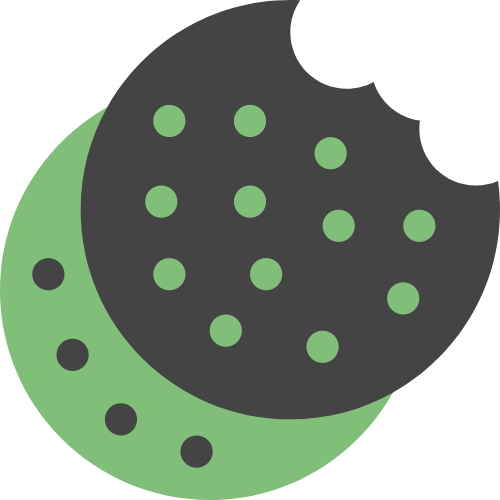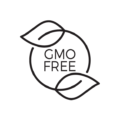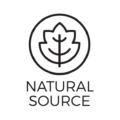- Getting Started
-
by k.mammasis
Pomegranate ellagitannins are hydrolyzed to ellagic acid over the course of many hours in the intestine instead of being absorbed intact into the bloodstream. Gut flora also converts ellagitannins into urolithins, which are conjugated in the liver and passed out in the urine. On this basis, both ellagic acid and urolithin A are derivatives produced after consuming the pomegranate concentrate and therefore are not present in significant quantities in the original food form. Consequently, when designing and producing the functional properties of this product, our primary focus has been to skyrocket the natural level of polyphenols and we’ve done exactly that; our pomegranate concentrate contains more than 10.000 mg/kg of natural polyphenols, including punicalagins. This is also among the reasons that we designed and produced the fermented pomegranate concentrate; to facilitate the bioabsorption process by improving the gut flora.














